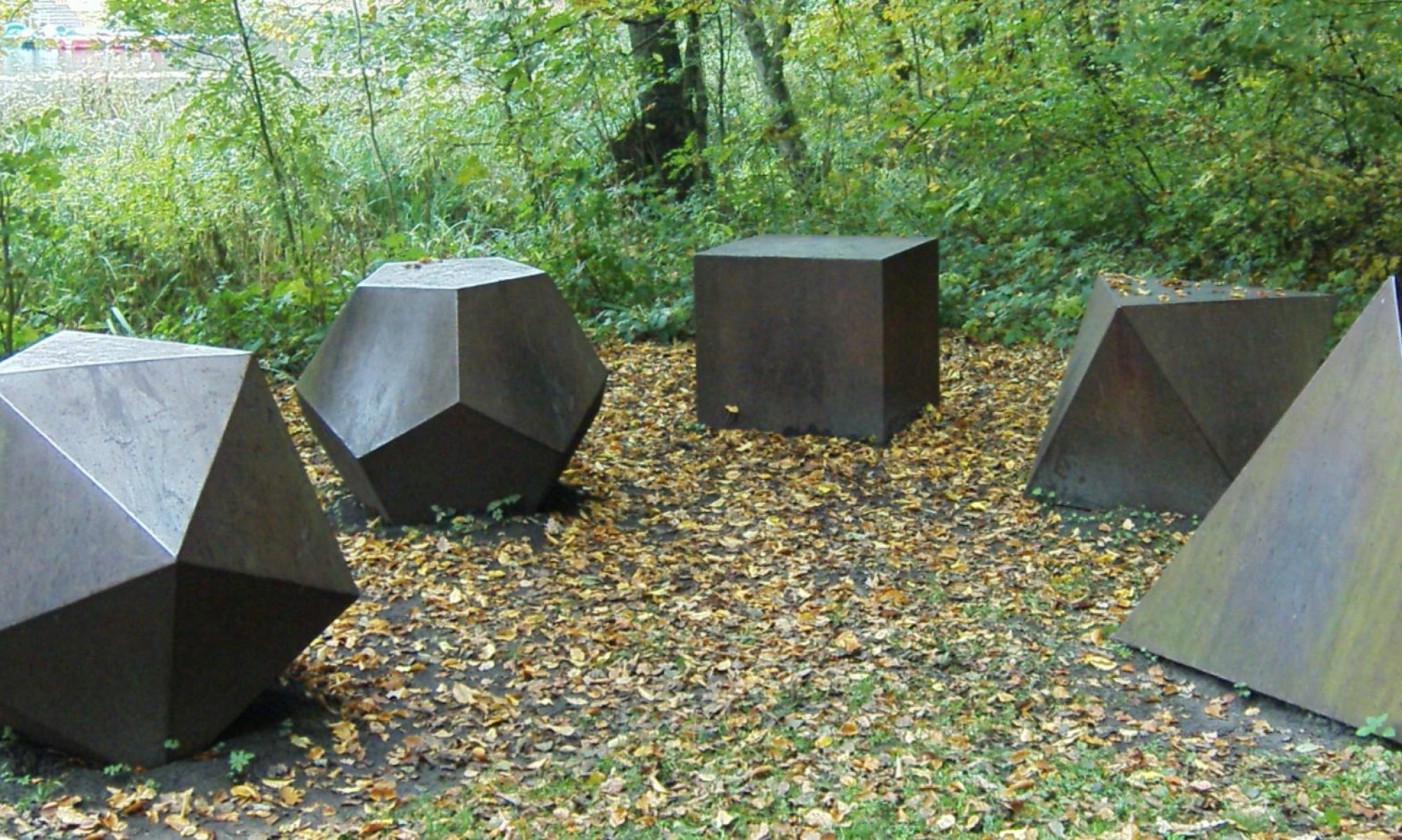Is the “conspiracy theory” label stopping you from reaching your desired audience?
Has the thought-stopping pejorative phrase “conspiracy theory” ever caused serious problems discussing certain ideas or even objective facts with your audience, friends, family, or colleagues? Today even the simple word “conspiracy” is increasingly used this way. How can you overcome the thought stopping effect of “conspiracy theory” and expand your audience?
“Conspiracy theory” labelers frequently use superficially plausible arguments backed up by no data or a single or few examples. For example: “conspiracies will always or almost always fail because someone would have talked,” citing for example the exposure of the Watergate burglary failure and the downfall of Richard Nixon. This would for example suggest unsolved murders by conspiracies, such as “gang,” “Mafia” or “organized crime” killings are exceptionally rare or nonexistent.
What does the data actually tell us about the frequency and success rate of conspiracies?
For data and more details see:
Text Article URL: http://wordpress.jmcgowan.com/wp/conspiracies-what-does-the-data-show/
Video URL: https://www.bitchute.com/video/8rcV38ElvdDp/
(C) 2023 by John F. McGowan, Ph.D.
About Me
John F. McGowan, Ph.D. solves problems using mathematics and mathematical software, including developing gesture recognition for touch devices, video compression and speech recognition technologies. He has extensive experience developing software in C, C++, MATLAB, Python, Visual Basic and many other programming languages. He has been a Visiting Scholar at HP Labs developing computer vision algorithms and software for mobile devices. He has worked as a contractor at NASA Ames Research Center involved in the research and development of image and video processing algorithms and technology. He has published articles on the origin and evolution of life, the exploration of Mars (anticipating the discovery of methane on Mars), and cheap access to space. He has a Ph.D. in physics from the University of Illinois at Urbana-Champaign and a B.S. in physics from the California Institute of Technology (Caltech).

